Latest Stories

Birth Control
Even with advanced family planning methods more readily available, working moms still struggle to have it all
While reproductive technologies have given women and families more control and additional tools, having it all still seems a far leap. Treatments are expensive (most insurance plans won’t cover much), time-consuming and not always effective. Meanwhile, workplace politics have been slow to shift and accommodate a growing number of working moms.
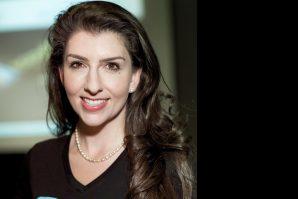
Back and Forward: Dr. Aimee Eyvazzadeh on the Business of Infertility
Dr. Aimee Eyvazzadeh, a nationally-recognized fertility expert who runs a practice in San Ramon, gives her perspective on assisted reproductive technology. For more from Eyvazzadeh, check out “Birth Control” in our May issue. Sign up for our newsletter and we’ll email you when it’s available online.
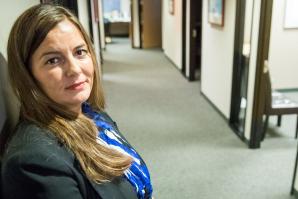
Threads of Honor
The California Capital Women’s Business Center is a nonprofit organization that provides programs and services to small businesses throughout the state. In collaboration with the Women Veterans Alliance, the Women Veterans One-Stop Resource Center was created to specifically address the needs of women veterans, their spouses and families.

Startup of the Month: Text to Ticket
With traffic safety app, citizens earn cash targeting distracted drivers
If you’re texting and driving, Sarah Morell might be recording you. She’s usually riding shotgun, as her husband drives, with her camera phone, ready to catch traffic safety violators on video. Her 6-year-old daughter’s in on the action too.
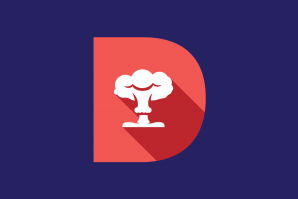
Buzzwords: Disruption
To be disruptive now means to change things, to get people to look at something in a new light. (I’d like to go back and convince my 6-year-old self that it’s actually a good trait that got me sent to the time-out chair.)
Like all jargon, “disruption” started out well-intentioned: Who doesn’t want to be the one with the fresh vision of how things could be — not how they are?
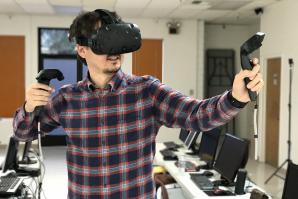
Local Business Aims to Transform the News
VR media startup in Nevada City plans to build platform to immerse readers
The push to integrate VR into the media has surged in recent years. The Guardian last summer unveiled its first VR project, 6×9, putting viewers into a solitary confinement prison cell. Last fall, The New York Times introduced The Daily 360. These immersive videos, made with Samsung technology, give readers rare glimpses into scenes worldwide.
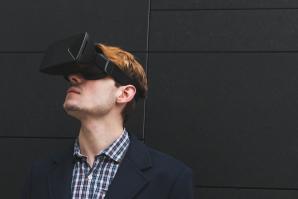
Reality Check
Virtual reality is no longer just for the gaming industry — but how wise an investment the cutting-edge technology is remains up for debate
From police shootings to incidents like the Fort Lauderdale airport shooting, gun violence has been dominating news cycles in recent years. Additional virtual training could help civilians know how to respond in a hostile encounter.

Surreal Estate
Virtual Reality Tours Give Real Estate Builders And Buyers Room to Play
If you’re going to live in a 3D environment, you need to see a 3D environment.”
These are the words of Stephen Phillips, co-founder and chief technology officer at Theia Interactive, a design firm based in Chico. His company creates VR tours for people looking to build or buy homes, cars and yachts. It was one of the four startups to come out of the Green Screen Institute’s first accelerator program.
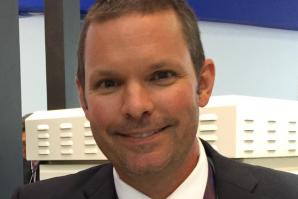
Back and Forward: Jason Fountaine on High-Tech Camera Systems
Jason Fountaine, managing director of Gyro-Stabilized Systems in Nevada City, offers his insight into how new technologies are changing digital cinema. For more from Fountaine, read “Reality Check,” in our March issue. Sign up for our newsletter and we’ll email you when it’s available online.
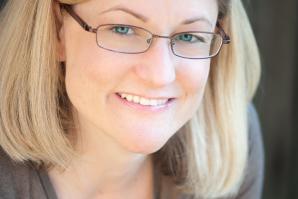
Back and Forward: Erin Stumpf on Residential Real Estate
Erin Stumpf, a broker associate at Dunnigan Realtors, gives her perspective on real estate in Sacramento. For more from Stumpf, check out “The Great Millennial Migration,” in our March issue. Sign up for our newsletter and we’ll email you when it’s available online.


